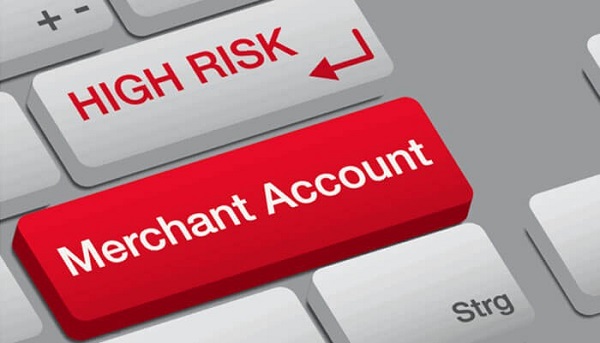- Subscription Model: Free trials often lead to subscription-based models where customers are automatically enrolled in a paid subscription after the trial period ends. This model can result in higher chargeback rates if customers forget to cancel or are unaware of the automatic conversion to a paid subscription.
- Higher Chargeback Rates: Chargebacks occur when customers dispute a charge with their credit card company. Free trials can lead to higher chargeback rates, especially if customers are not satisfied with the product or service, forget to cancel, or don’t agree with the subscription terms.
- Uncertain Revenue Streams: The subscription model, which is common for free trials, can make it difficult for financial institutions to predict and assess the merchant’s revenue streams accurately. This uncertainty can raise concerns about the merchant’s financial stability.
- High Cancellation Rates: Free trial offers may attract customers who sign up to access the trial but have no intention of becoming paying subscribers. This can result in high cancellation rates, impacting the merchant’s ability to maintain a consistent customer base and revenue.
- Negative Consumer Perception: Some free trial offers have gained a negative reputation due to deceptive practices, hidden fees, or difficulty canceling subscriptions. Financial institutions may categorize merchants in this space as high-risk to protect consumers and the integrity of the payment system.
- Regulatory Compliance: Free trial merchants may face challenges in complying with regulations related to transparency, disclosure, and consumer protection. Failure to adhere to these regulations can increase the risk of legal and financial consequences.
- Fraud Concerns: Free trial offers can be susceptible to fraud, including identity theft and fake account creation. Fraudulent activities can result in financial losses for both consumers and payment processors.

